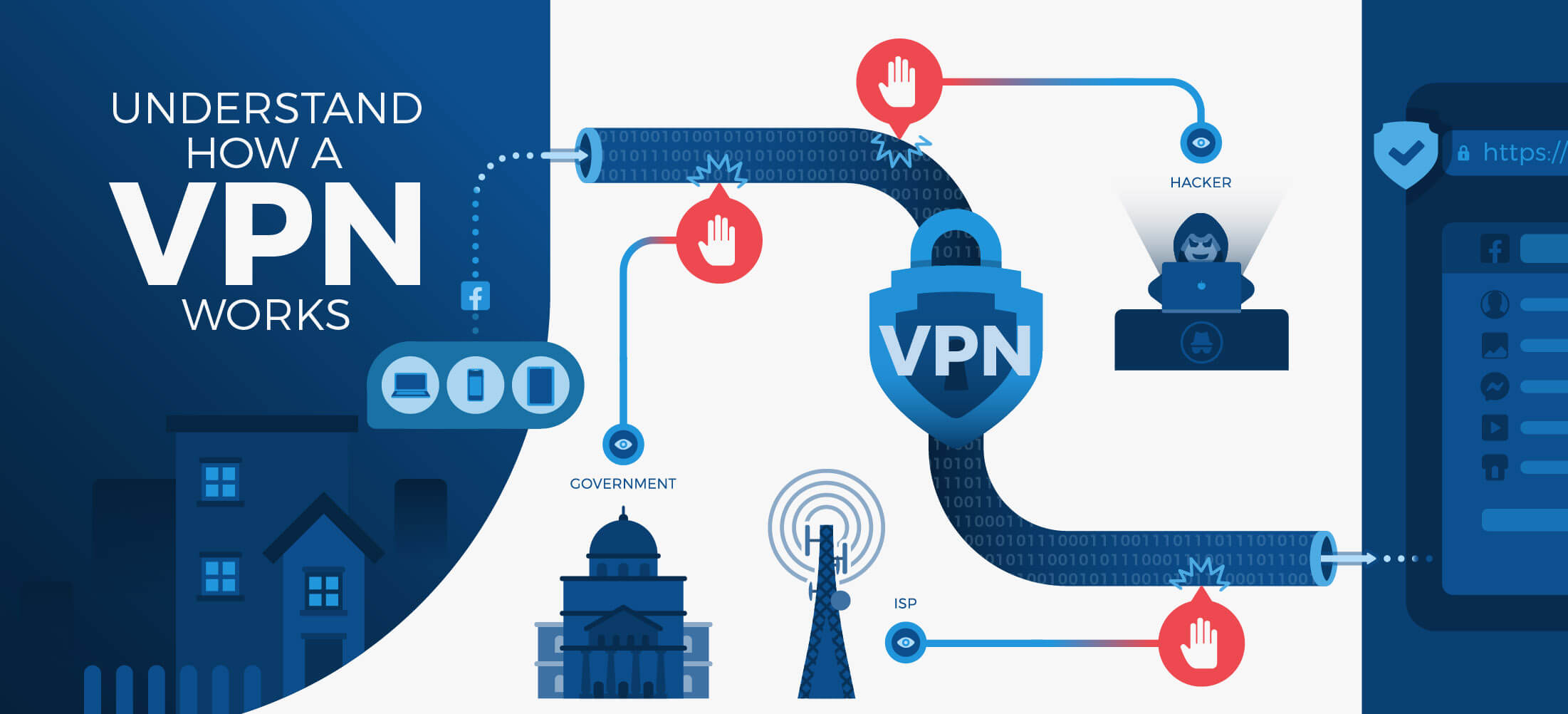In today’s digital age, where our online activities are constantly being monitored and our personal data is at risk of being compromised. Also by this ensuring our online security and privacy is paramount. One powerful tool that individuals and businesses alike can utilize to safeguard their digital footprint is the virtual private network (VPN). In this blog post, we’ll explore the many benefits of using VPNs and how they can help secure your online presence.
What is a VPN?
A VPN is a technology that establishes a secure and encrypted connection between your device and a remote server operated by the VPN service provider. Therefore, this encrypted connection, often referred to as a “tunnel,” ensures that all data transmitted between your device and the VPN server is protected from interception by cybercriminals, ISPs, or government surveillance agencies.
Benefits of Using a VPN
Enhanced Privacy
By encrypting your internet connection and masking your IP address, VPNs provide anonymity and privacy while browsing the web. Your online activities remain private and secure from prying eyes.
Data Protection
VPNs encrypt all data transmitted over the internet, safeguarding it from hackers or malicious actors attempting to intercept sensitive information, such as passwords, financial data, or personal communications.
Bypass Geo-Restrictions
VPNs enable users to bypass geo-restrictions and access region-locked content or websites that may be blocked in their location. By connecting to VPN servers in different countries, users can access content from anywhere in the world.

Secure Remote Access
For remote workers or individuals accessing corporate networks, VPNs provide a secure way to connect to company resources and sensitive data. This ensures that confidential information remains protected, even when accessed from outside the office.
How VPNs Work
When you connect to a VPN server, your internet traffic is a route through an encryption tunnel, effectively hiding your IP address and encrypting all data transmitted between your device and the VPN server. This encrypted tunnel prevents third parties from intercepting or monitoring your online activities, ensuring your privacy and security.
Choosing the Right VPN
When selecting a VPN provider, it’s essential to consider factors such as:
- Encryption Protocols: Look for VPN services that offer strong encryption protocols, such as OpenVPN or IKEv2/IPsec, to ensure the highest level of security for your data.
- Server Locations: Choose a VPN provider with a wide range of server locations worldwide, allowing you to access content from different regions and optimize your connection speed.
- No-Logs Policy: Opt for VPN services that have a strict no-logs policy, meaning they do not store any records of your online activities or personal information.
- Speed and Performance: Test the VPN’s speed and performance to ensure it meets your browsing and streaming needs without significant slowdowns or buffering.
Conclusion
Therefore, in an era of increasing cyber threats and online surveillance, protecting your digital privacy and security is essential. Virtual private networks (VPNs) offer a powerful solution for individuals and businesses looking to safeguard their online presence, encrypt their internet connection, and bypass geo-restrictions. Also, by understanding the benefits of VPNs and implementing them as part of your online security strategy, you can enjoy a safer and more secure browsing experience in today’s interconnected world.

